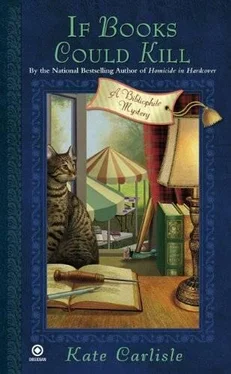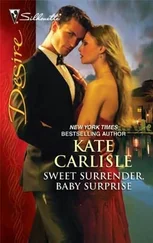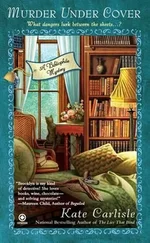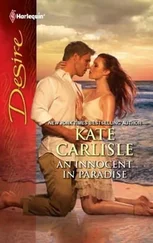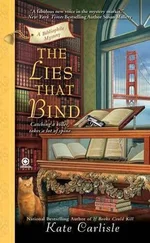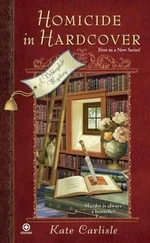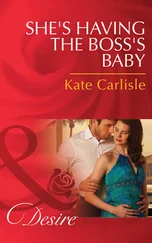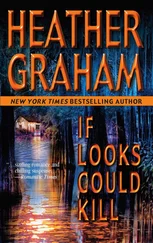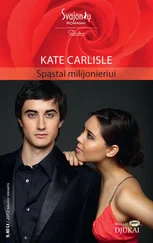He leaned closer. “Besides, I’ve something to show you that’ll knock your socks off.”
“I’ve already seen it,” I said dryly.
His eyes widened. “Minx! Damn it! I insist we skip the pub and go back to my room.”
“You haven’t changed,” I said, reluctantly enjoying his silliness.
“Why should I?” he said with a wink.
I laughed again and realized I’d missed him. He’d always been a relentless charmer. It had been my mistake for thinking he’d taken our relationship seriously, my mistake to allow the pain to overwhelm me. I’d felt so betrayed, it had taken me months to get over it. And now, gazing up at him, trying to recall the pain and anger, I couldn’t. Truth be told, he was just too adorable to hate.
“Come on, now,” he said, pulling me closer to the pub’s doorway. “I really do have something to show you. It’s fate that I stumbled upon you here.”
“All right,” I said, as if it mattered what I thought, since we were halfway inside the Ensign Ewart pub.
I’d been inside the pub before, three years ago. It was a serious drinking spot for locals who showed up to enjoy the traditional music the bar featured several nights a week. Despite its location directly next door to the castle, the pub didn’t cater to tourists, much to the dismay of anyone who might wander in after a day of sightseeing and expect a charming Scots welcome.
The room was relatively small and cozy, with dark wood posts and beams across the low, flat ceiling. Kyle ordered two pints at the bar, and we found a quiet corner nook and sat side by side. Kyle removed his gray cashmere sports jacket and laid it on the bench next to him.
I stared at the pint. “I should’ve had a Pepsi.”
“Heresy,” he said.
“Jet lag’s catching up to me,” I explained as I settled into the small space. “But you’re right. It would be a waste to drink anything but beer in a place like this.”
“That’s my little soldier.”
“So what did you want to show me?”
“Straight to business then,” Kyle said, and pulled a small, wrapped parcel from his satchel. “I need your expertise.”
He handed me the item and I held it, felt it, determining its size, weight and shape without opening it.
“I’d say it’s a book.” I handed it back to him.
“Brilliant, darling, but I’m serious. I want you to look at it.”
I unwrapped the brown paper to find a small book covered in tissue. I peeled back the fragile paper and stared at the perfect little book. The leather cover was red goatskin, otherwise known as morocco, heavily gilded and well preserved. It felt warm in my hand as I weighed it, then turned it to study the words on the spine. Love Poems to a Flaxen’d Quean by Robert Burns.
“Beautiful,” I murmured.
The front cover was dominated by a gold Scottish wheel surrounded on four sides by Solomon’s seals, or pentagrams, thought to ward off the powers of evil. Gilded thistle, holly berries and rose vines made up the graceful border around the edges.
“Cathcart?” I wondered aloud, turning the book in my hand.
“Oh, well-done,” Kyle said, sitting back.
It was an easy guess. The sheer overabundance of gilding, together with the combination of Scottish wheel, pentagrams, thistle and holly, were the distinctive markings of William Cathcart, an illustrious eighteenth-century Edinburgh publisher and bookbinder.
I took a sip of beer, then put the glass on the table and returned to the book, carefully opening to the title page. It was hand-dated 1786. On the flyleaf was an inscription, faded and barely legible, but I could make out the words: Many thanks and cheers to my friend and comrade William. It was signed by Robert Burns.
Robert Burns?
I looked at Kyle. “Is this a joke?”
“No,” he said lightly, but his lips had thinned and his eyes were narrow. “It’s not a joke. It’s real. But that’s not for me to say. I need you to authenticate it.”
“Me? I can’t.”
“Of course you can,” he said brusquely. “You’re a leading authority on book fraud. You uncovered that scam with the fake Steinbeck. Your reputation is-”
“No, no,” I said quickly. “I mean, I would need a laboratory to test the ink and the binding, the underpinnings. And my tools. I brought my travel tools but I don’t have everything here. I don’t think…”
“I can set you up somewhere. Could you do it?”
I stared at the book again. “Well, of course. Except for the signature. You’d need a lab to test the ink and a historian and a handwriting expert and-”
“I’ll pay you, of course.”
“Of course.” I nodded absently. My mind was already considering the practicalities of working in a strange lab in another country. I’d done it before. The details were no big deal. All that mattered was getting answers, and those could be found only inside this book. And oh, how I was tempted. Judging by his expression, the man sitting next to me knew it, too.
Kyle sipped his beer in moody silence while I studied the rare treasure in my hand. Even without the inscription of possibly the most famous Scottish poet who ever lived, this book was an excellent example of William Cathcart’s genius. The condition was mint, although the outer joints were slightly rubbed and the gilding was pale along the spine.
“If that signature is real, this should be in a museum,” I said, handing the book back to him.
“No, no, you hold on to it,” he said. “Maybe you’ll have a chance to study it more.”
I gladly held on to the book. “Where did you get it?”
He exhaled heavily. “Cathcart is an ancestor. The book belongs to my family. Legend has it he created only ten copies of this edition, so it’s rare indeed.”
“Indeed,” I echoed.
“This is the only one inscribed, that I’m aware of.” He chewed on his bottom lip.
“What else?”
He eyed me, then admitted, “It’s not just the book itself that concerns me.”
I sat back. “What do you mean?”
He took the book from me and opened it to the text. “I told you only ten of this edition were published. The others have disappeared. Believe me, I’ve searched high and low, asked around, advertised.”
“They probably went into private collections.”
“Maybe.” He frowned.
“What’s wrong?”
“It’s the poems themselves.” He sighed. “There are poems in this book that I’ve never seen published anywhere else. And if you Google the book’s title, it doesn’t show up at all.”
It was my turn to frown. “That can’t be true.”
“Look.” He thumbed through to a particular page and held it open for me to see. “To this day, I can’t find a trace of this poem in any other edition. And you know as well as I that books of poetry by Robert Burns are ubiquitous in Britain. They’re everywhere. But not this one.”
For the first time, I looked beyond the title page and found that although the spine was maybe an inch thick, there were only ten or twelve poems in the whole book. Each heavy page contained a few lines each. I began to read the first one, entitled “I’ve Loved a Flaxen’d Quean.” I’d read Robert Burns before and knew his words could get bawdy, but I was frankly surprised by the highly erotic images Burns inspired in this particular poem, seemingly devoted to a beauty named Sophie. At least, that was what I could glean from the heavy Scots dialect.
“It’s a beautiful book,” I said. “But I’d need a glossary to understand all the words.”
He chuckled. “It’s impossible to read without one.”
“It’s all pretty stirring stuff, though. He must’ve loved her very much.”
“Ah, yes, and that’s the problem.”
Читать дальше
